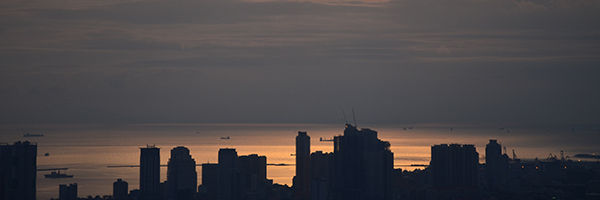The Manila Observatory recognizes the value of transdisciplinary science and research with the Coastal Cities at Risk: Investing in Disaster Resilience (CCaR2) project together with the Ateneo de Manila University.
CCaR1 was a true testament on how transdisciplinary initiatives can work, with active engagement not only between scientists from the Physical and social and economic and health sectors, but especially with the local government stakeholders.
As an institution of mostly physical scientists, we are aware of how being confined in our own disciplines and within our academic space can limit the impact and reach of our work and research.
The CCaR1 project and now this CCaR2 project are valuable venues for us to synergize with different disciplines to meet the needs of the stakeholders, through transforming information from the scientists and the academe into useable knowledge that can be concretely applied towards reducing risks and increasing resilience.
In particular, in risk and resilience research at the Observatory, we are beginning to explore within the context of our country–– the complex interaction between climate change and air quality and consequently the potential impacts of these on health and the implications on socio-economic vulnerabilities, and disaster risk and resilience.
CCaR2 opens new horizons for research that is far from one dimensional.
And with this project, we are on the right path to confront these complex environmental problems and the Observatory is looking forward to this project because as we work on the complexities of the problems of climate change and disasters, we are doing science that speaks to the heart of our mission and that is, as Fr Dan McNamara would say, doing science that seeks the truth, science that helps people find the truth, science that helps bring people closer to God.science that seeks the truth, science that helps people find the truth, science that helps bring people closer to God. (GTNarisma, Executive Director)

Photo by Luca Bucken on Unsplash
